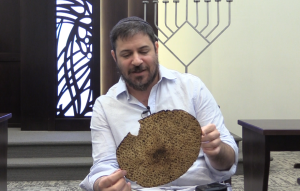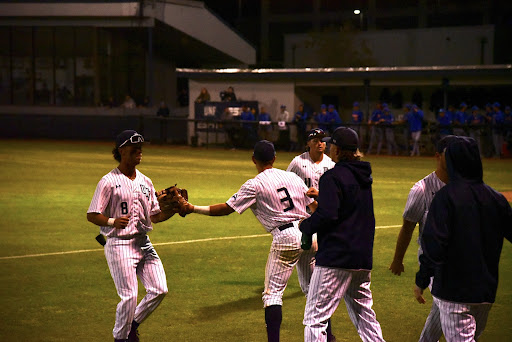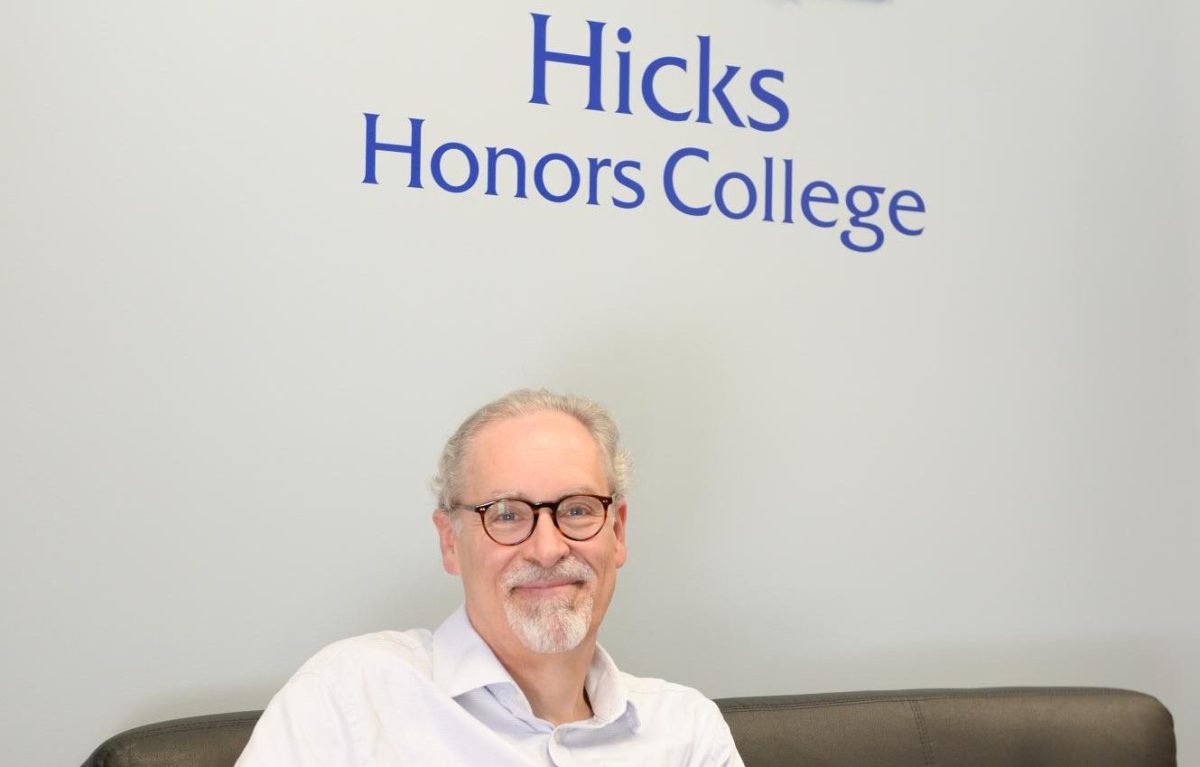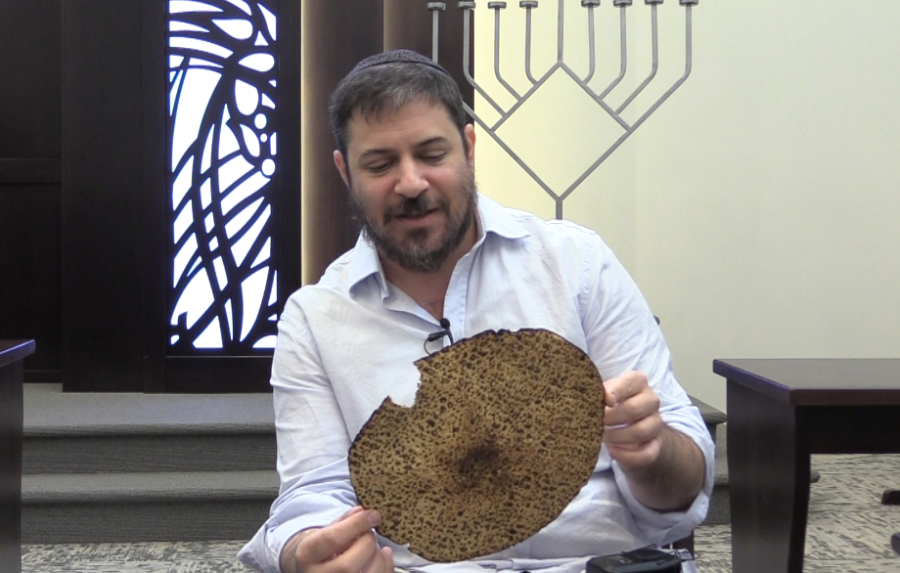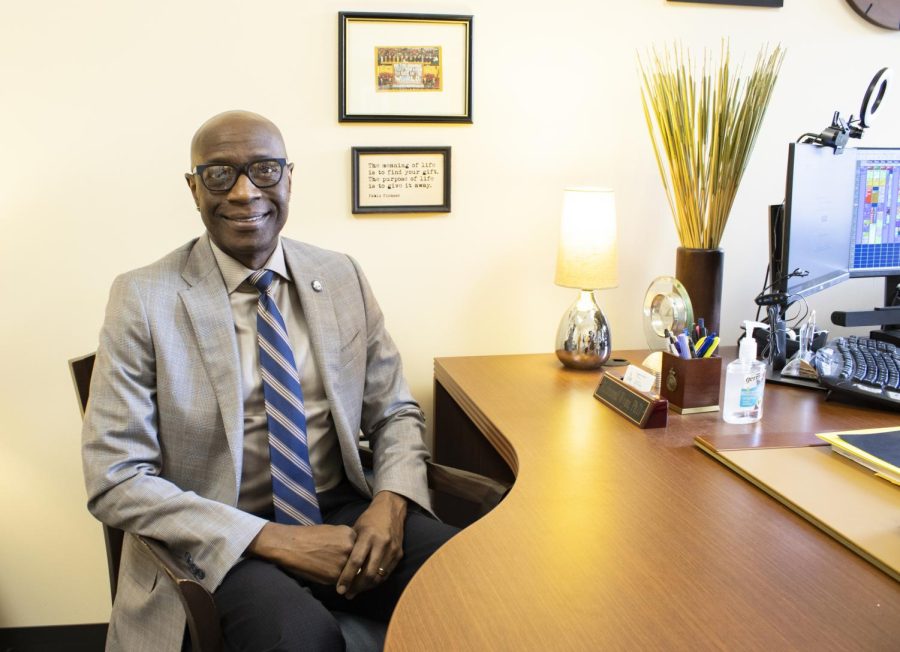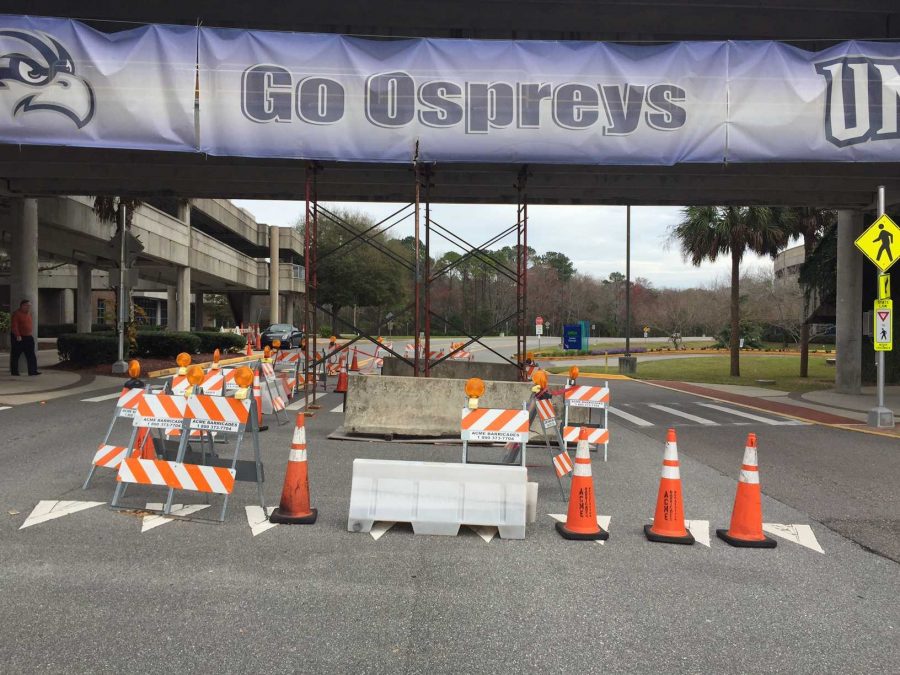“Student media must be free from all forms of external interference designed to regulate its content, including confiscation of its products or broadcasts; suspension of publication or transmission; academic personal or budgetary sanctions; arbitrary removal of staff members or faculty; or threats to the existence of student publications or broadcast outlets.”
–College Media Association’s code of ethical behavior.
By: Editorial Staff
It shouldn’t need to be said that the First Amendment to the U.S. Constitution is vital to the fabric of society.
But at East Carolina University last week, administrators made it clear that the freedom of the press and the learning process of student journalists is not a priority.
ECU’s marketing/communications director informed media adviser Paul Isom Jan. 4 that he had four hours to clean out his space and leave campus, a place the 15-year media veteran has worked since 2008.
This came two months after The East Carolinian, ECU’s student-run newspaper, published unedited photos of a halftime streaker, taken during a football game Nov. 5. The photos were admittedly revealing, including one showing a distant frontal shot of the runner’s genitals, and ran on the front page of the Nov. 8 issue. Check out the story and photos here: http://theeastcarolinian.com/?p=2034.
Despite the administration’s claims that the reason for the adviser’s dismissal was “personnel related,” Isom feels the photos were “pretty likely” the root cause of his dismissal, based on weeks of odd behavior by the Vice Chancellor and his direct supervisor, but he was still caught off guard.
“I didn’t know change was coming. They just showed up in my office and said ‘We’re going in a different direction,’” Isom said.
The university released a statement Jan. 10, meant to quell the scores of dissenters, from the Student Press Law Center to the Foundation for Individual Rights in Education, who wrote letters to the university blaming them for violating the First Amendment.
“We ask all advocacy groups and the public to trust our internal process, which has been deliberate, correct and legal, as we move forward to address these two separate issues,” the statement said.
In other words, ‘stop questioning us, we’re right.’
But ECU doesn’t have a good track record with its handling of student media.
According to Isom, a lawsuit was filed against the university after The East Carolinian had a student editor fired in 1971. The university lost. Now, like at UNF, there is an independent board that oversees the hiring and firing of student media leaders.
Currently its media adviser position, as of two years ago according to Isom, answers directly to the marketing director of the university. That would be like giving the same guy in charge of making President Obama’s political ads look good the ability to fire the likes of Brian Williams. Not a healthy situation.
Beyond the mess ECU seems to be creating for itself, there is serious confusion about the role of the media adviser on college campuses.
Student-run college newspapers are just that – run by students, for students. The students write the stories, edit the stories, design the paper, take the photos and make the editorial decisions. They don’t and shouldn’t answer to the professional faculty of the school.
Advisers are there simply for guidance. As it says in UNF’s own Center for Student Media bylaws, “assisting and advising does not include the right to dictate or to punish for editorial content.”
Every school is different. But in general, a media adviser, while he can and should help guide the students to make wise decisions, ultimately cannot make editorial decisions for the paper and, therefore, should not be held responsible for its actions.
Like parents with their children, teachers with their pupils or coaches with their team, advisers can only do so much. They share what they know, guide students in the right direction to the best of their ability, and let go.
The only way a child can learn to walk is by falling first. Student journalists must test the line of appropriate content in order to learn where they must stop. We deserve, at least, the right to fail. We have a right to be wrong.
That being said, generally, we aren’t wrong. The audience of a college newspaper is the students that attend the university. Not the president of the university. Not the mayor of the town. Not even the faculty. And who knows the students better than students?
Sometimes, like in the case of ECU, administrators, often of an elevated age, fear that some elements of nudity or photos of a sexual nature will offend too many people, putting the university in a bad light. Aunt Janie may be offended, but lucky for us, she doesn’t attend school.
Times have changed. Surely administrators and others can acknowledge that when they were in school, they thought a bit differently than their elders. Oh, how easily they forget.
Editor of The East Carolinian Caitlin Hale told Poynter that she ran the photos “because we felt that our audience, which is primarily the ECU student body, should have access to unedited and factual photos of the streaking incident.”
Editors of college newspapers have responsibilities. That’s the beauty of this learning opportunity. We can create a product valuable to the campus community, learning all the while – and because this is a real, transformational learning opportunity, there are consequences if we mess up.
If we print something that’s wrong, we print a correction. If we take a bad photo, our peers see it all over campus for a week. If we libel someone or print obscenity, we open our own paper up for a lawsuit. This is important. We get it. All we are asking for is the right to take responsibility for our own actions. We think we deserve that right. So if you have a problem with what we print, we welcome your opinion. Leave our advisers out of it.
Email letters to the Editor to [email protected]



